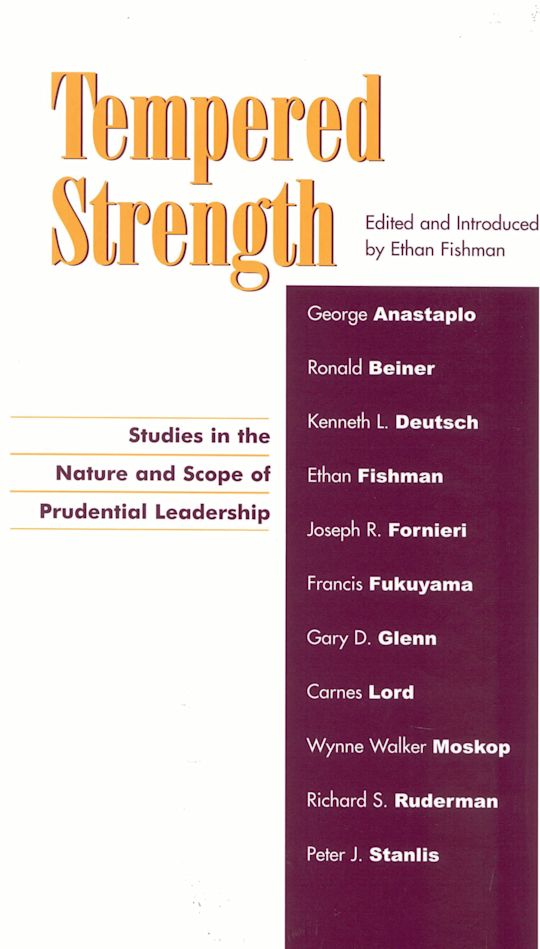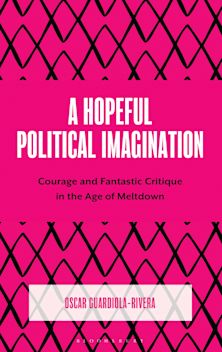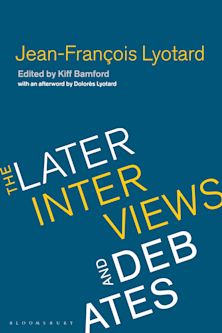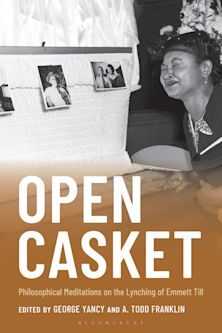- Home
- ACADEMIC
- Philosophy
- Social and Political Philosophy
- Tempered Strength
Tempered Strength
Studies in the Nature and Scope of Prudential Leadership
Ethan Fishman (Anthology Editor) , George Anastaplo (Contributor) , Ronald Beiner (Contributor) , Kenneth L. Deutsch (Contributor) , Ethan Fishman (Contributor) , Joseph R. Fornieri (Contributor) , Francis Fukuyama (Contributor) , Gary D. Glenn (Contributor) , Carnes Lord (Contributor) , Wynne Walker Moskop (Contributor) , Richard S. Ruderman (Contributor) , Peter J. Stanlis (Contributor) , Ethan Fishman (Introduction)
Tempered Strength
Studies in the Nature and Scope of Prudential Leadership
Ethan Fishman (Anthology Editor) , George Anastaplo (Contributor) , Ronald Beiner (Contributor) , Kenneth L. Deutsch (Contributor) , Ethan Fishman (Contributor) , Joseph R. Fornieri (Contributor) , Francis Fukuyama (Contributor) , Gary D. Glenn (Contributor) , Carnes Lord (Contributor) , Wynne Walker Moskop (Contributor) , Richard S. Ruderman (Contributor) , Peter J. Stanlis (Contributor) , Ethan Fishman (Introduction)
You must sign in to add this item to your wishlist. Please sign in or create an account
Description
Moral leadership matters. As world politics enters a new and dangerous era, judgment, constancy, moral purpose, and a willingness to overcome partisan politicking are essential for America's leaders. Tempered Strength finds the alternative standard of leadership that Americans are seeking in the classical philosophy of prudence. Ethan Fishman's new work brings together leading American political scientists-including Ronald Beiner, Kenneth L. Deutsch, and George Anastaplo-to discuss the evolution of a standard of prudential leadership both reasonable in nature and practical in scope. Section One studies the meaning of prudence and its evolution in the history of political science from Aristotelian phronesis to Xenophon, Thomas Aquinas, Edmund Burke, and Michael Oakeshott. Section Two demonstrates how the theory of prudential leadership can be applied to practical political issues.
Table of Contents
Part 2 Introduction: "What is Prudential Leadership?"
Part 3 The Nature of Prudence
Chapter 4 Prudence in Xenophon's Memorabilia and Cyropaedia
Chapter 5 Thomas Aquinas on Magnanimous and Prudent Statemanship
Chapter 6 The Role of Prudence in Burke's Politics
Chapter 7 Bringing Prudence Back In: Leadership, Statescraft, and Political Science
Chapter 10 A Postscript to Political Judgment
Part 11 The Scope of Prudence
Chapter 12 Political Judgment in Dark Times: Frederick Douglass and Slavery
Chapter 13 Lincoln and the Emancipation Proclamation: A Model of Prudent Leadership
Chapter 14 Prudence, Imprudence, and the Puzzle of Bill Clinton
Chapter 15 Prudence and the Constitution: On the Year 2000 Presidential Election Controversy
Product details
| Published | 04 Sep 2002 |
|---|---|
| Format | Ebook (Epub & Mobi) |
| Edition | 1st |
| Extent | 240 |
| ISBN | 9780739161616 |
| Imprint | Lexington Books |
| Publisher | Bloomsbury Publishing |
About the contributors
Reviews
-
Every age requires prudence of its leaders and ours is certainly no different. These studies not only remind us of this truth but teach us what is truly at issue.
James L. Wiser, University of San Francisco
-
Next to hope, prudence is modernity's most neglected political virtue. This astute combination of theory and case studies is a major step toward remedying this neglect.
Clarke E. Cochran, Texas Tech University
-
Highly Recommended.
Choice Reviews
-
The volume succeeds in making the case for regarding prudence as a moral virtue; in describing the utility of 'prudential leadership' as a device for interpreting historical and contemporary decisions ; nad in advocating the need for society's immanent ideals to be calibrated withing leaders' decision-making repetoires.
Political Studies Review
-
Tempered Strength provides us with both a theoretical guide to the role of prudential leadership in the history of political philosophy, as well as practical guidance with regard to the exercise of such leadership (or at times, its lack) from ancient times to the present. The authors present a wide range of perspectives on leadership, and show how personal character, for better or worse, mattered to individual politicians from Frederick Douglass to Bill Clinton. Meditating on the nature and scope of prudential leadership as this volume does should be at the core of any serious study of politics in the future.
Francis Fukuyama, author of The End of History and the Last Man



































